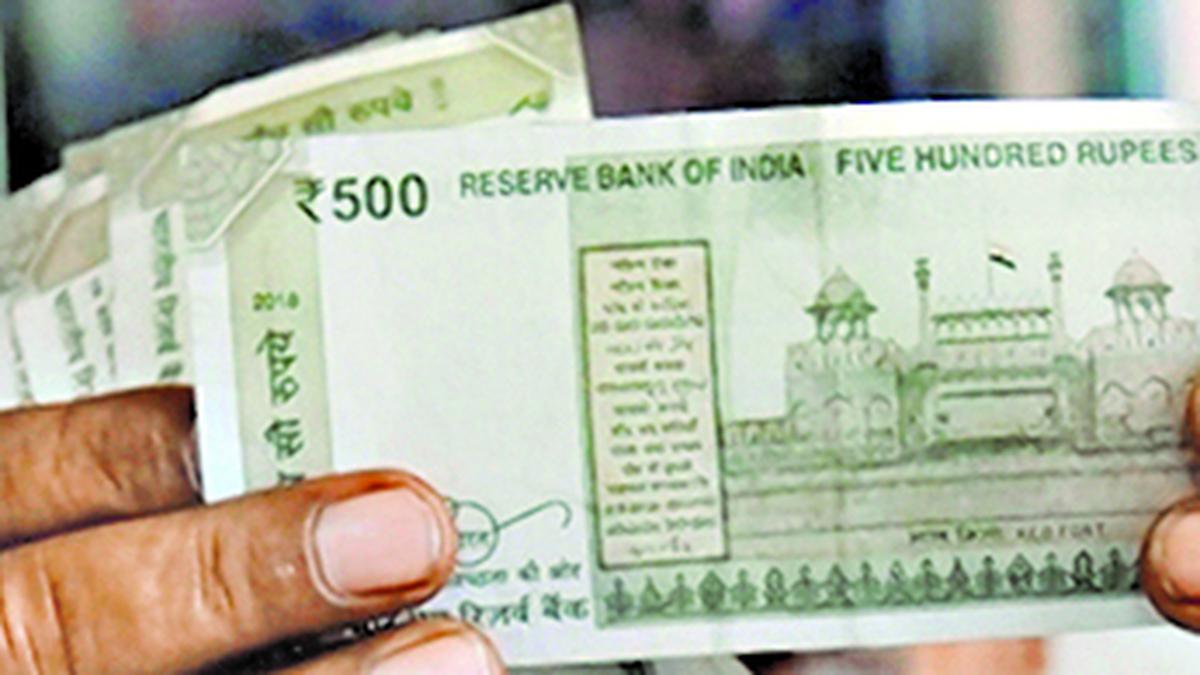
EU edges closer to $60-per-barrel Russian oil price cap
Associated PressBRUSSELS — The European Union was edging closer to setting a $60-per-barrel price cap on Russian oil — a highly anticipated and complex political and economic maneuver designed to keep Russia’s supplies flowing into global markets while clamping down on President Vladimir Putin’s ability to fund his war in Ukraine. The $60 figure would mean a cap near the current price of Russia’s crude, which fell this week below $60 per barrel, and is meant to prevent a sudden loss of Russian oil to the world following the new Western sanctions. On the flipside, the official said failure to put it in place would be “a win for Russia.” Oil is the Kremlin’s main pillar of financial revenue and has kept the Russian economy afloat so far despite export bans, sanctions and the freezing of central bank assets that began with the February invasion. “The reality is that it is unlikely to be binding given where oil prices are now.” Critics of the price cap measure, including former Treasury Secretary Steve Mnuchin, have called the plan “ridiculous.” Mnuchin told CNBC during a panel in November at the Milken Institute’s Middle East and Africa Summit that the price cap was “not only not feasible, I think it’s the most ridiculous idea I’ve ever heard.” Rachel Ziemba, an adjunct senior fellow at the Center for a New American Security, said that while a worst-case scenario envisions Russia cutting off the global supply of its oil, “the Saudis and Emiratis would boost production.” “Russia has made is clear the countries that abide by the cap won’t receive their oil and that could result in cuts to natural gas exports as well,” she said.
History of this topic

Two US treasury officials visiting India to urge Modi govt to maintain implementation of Russian oil price cap
India TV News
US to tell event in India that price cap on Russian oil working
Hindustan Times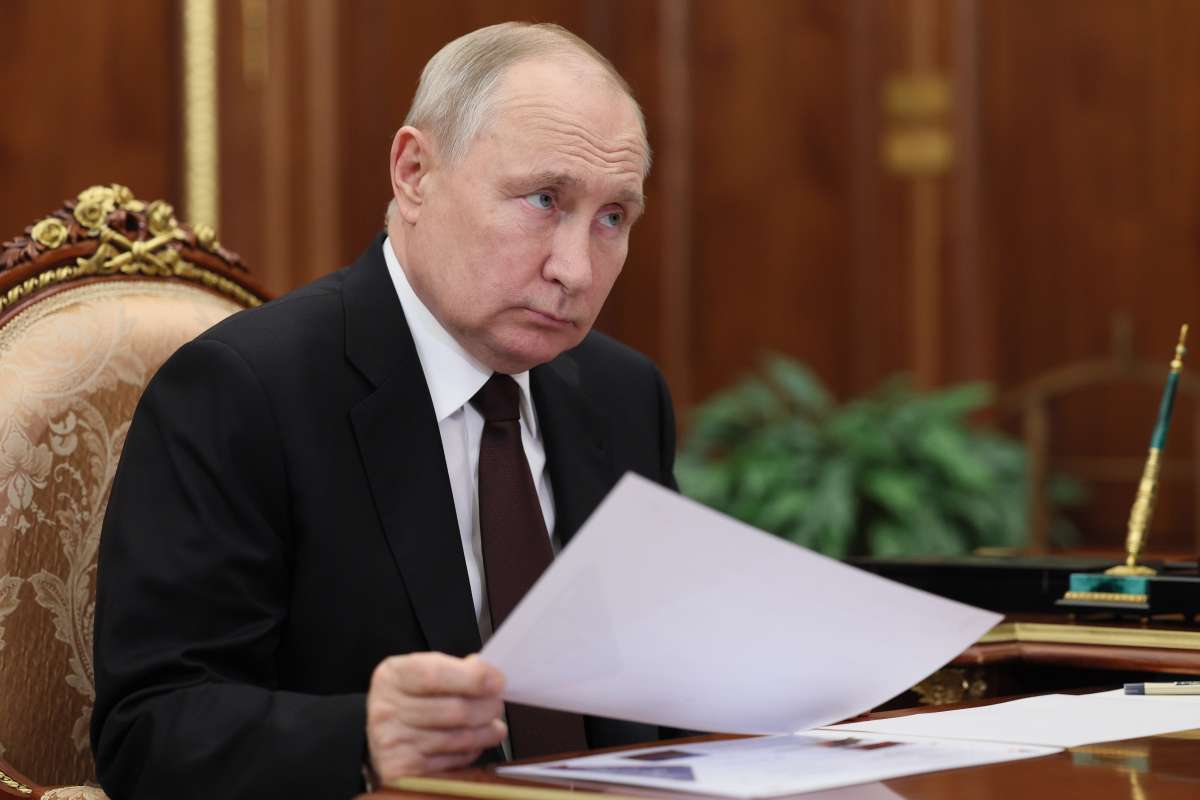
US sanctions UAE shipping firm for transporting Russian crude oil above USD60 per barrel price cap
India TV NewsU.S. imposes more Russian oil price cap sanctions and issues new compliance rules for shippers
Associated Press
How Russia games oil sanctions for big profits
Live MintA price cap on Russian oil aims to starve Putin of cash. But it’s largely been untested. Until now
Associated Press
Opinion: Putin is using high oil prices to test support for Ukraine. Congress’ dysfunction plays right into his hands
LA Times
G7 said to shelve regular Russian oil cap reviews as prices soar
The HinduUS says price caps on Russia’s oil are cutting revenue nearly in half and weakening its economy
Associated Press
India and China snap up Russian oil in April above ’price cap’
Live Mint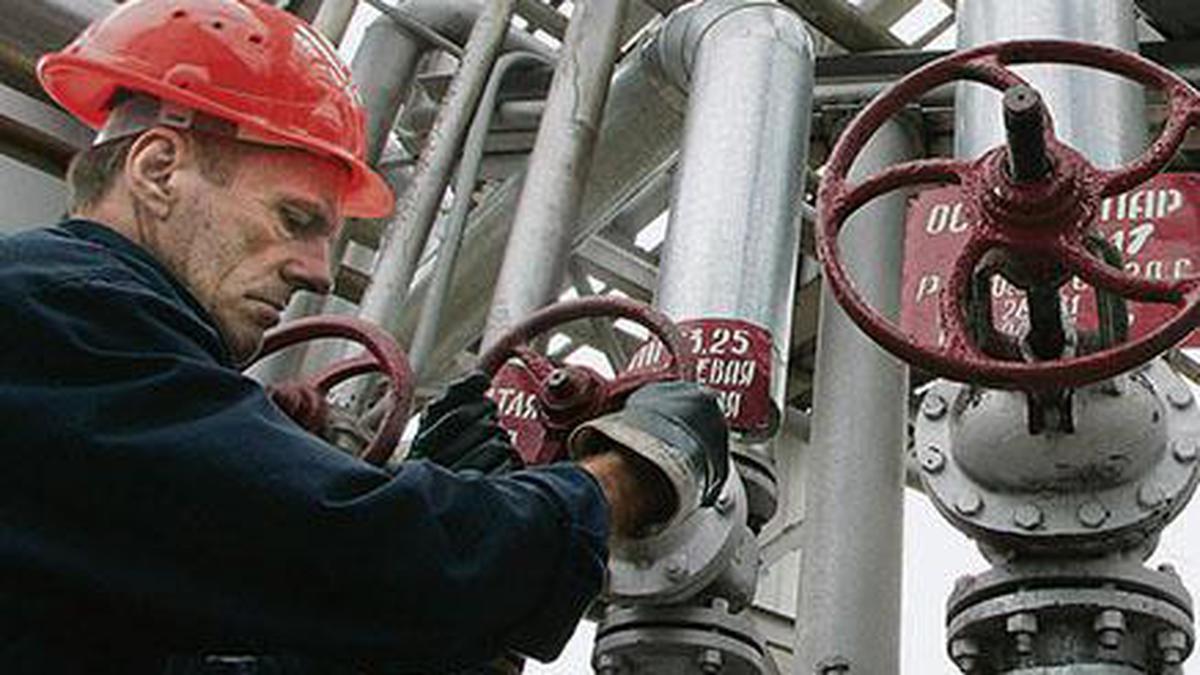
India and China Snapping up Majority of Russian Oil Above Western Price Cap
The Hindu
India and China snap up Russian oil in April above ‘price cap’
Al Jazeera
US says Russia not benefiting from +$60/bbl oil to India
Live Mint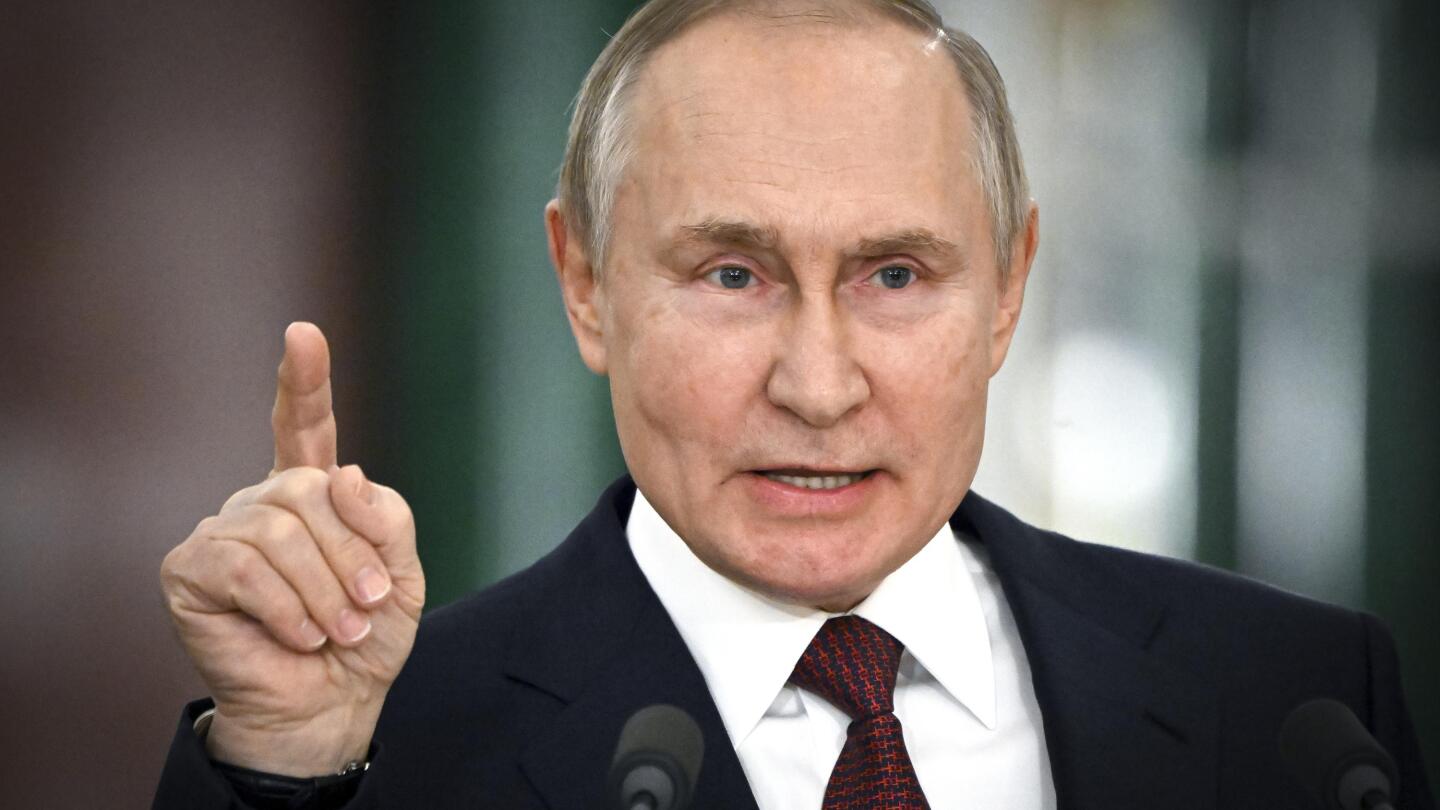
Russia’s economy holds up, but growing challenges test Putin
Associated Press
‘We don’t and won't': Russia's unequivocal message to West on oil price cap
Hindustan Times
Spill over of macroeconomic tightening of major economies, debt overhang need to be addressed: Janet Yellen
Live Mint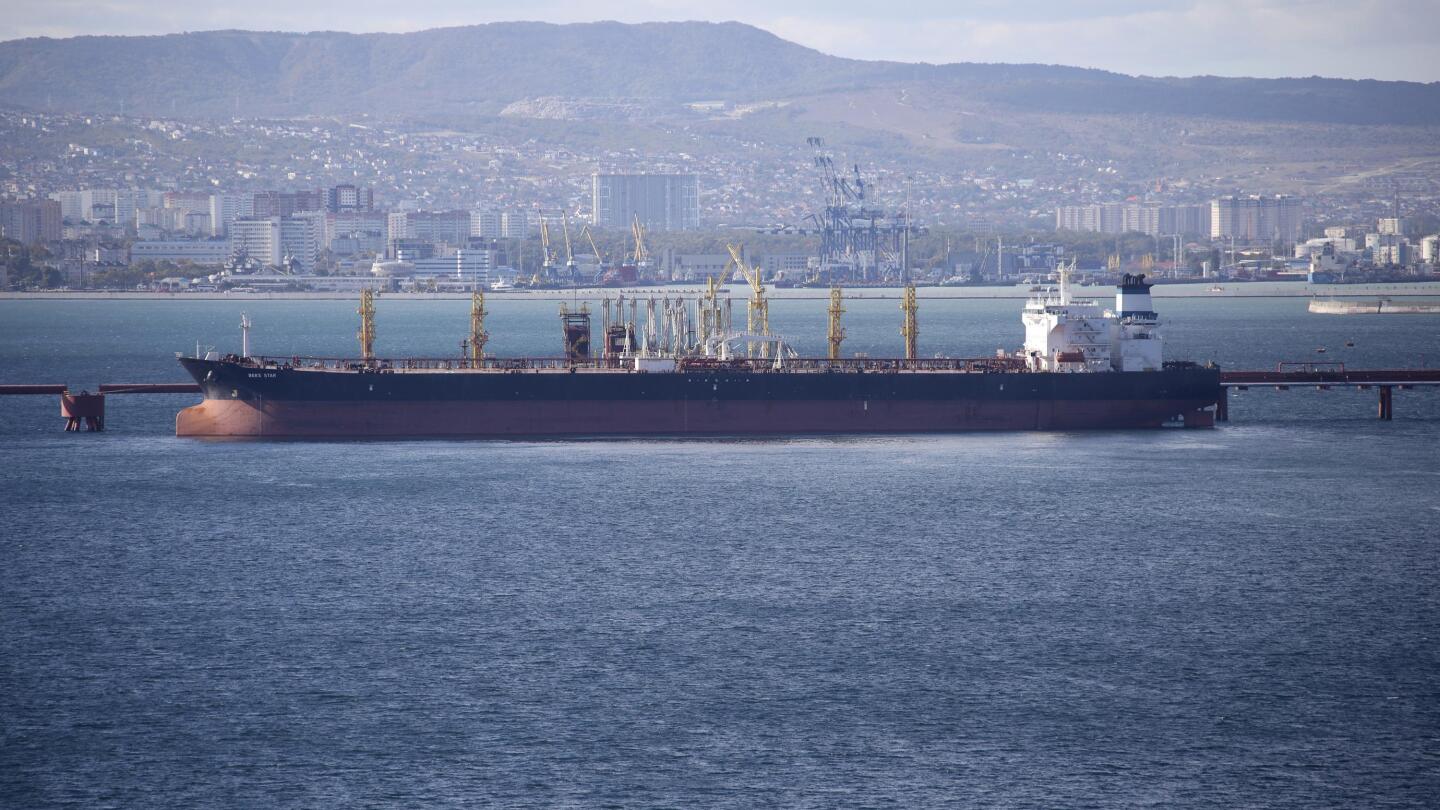
Russia announces cut to oil output over Western price caps
Associated Press
Russia to Slash Crude Oil Output in Retaliation for Western Price Cap
News 18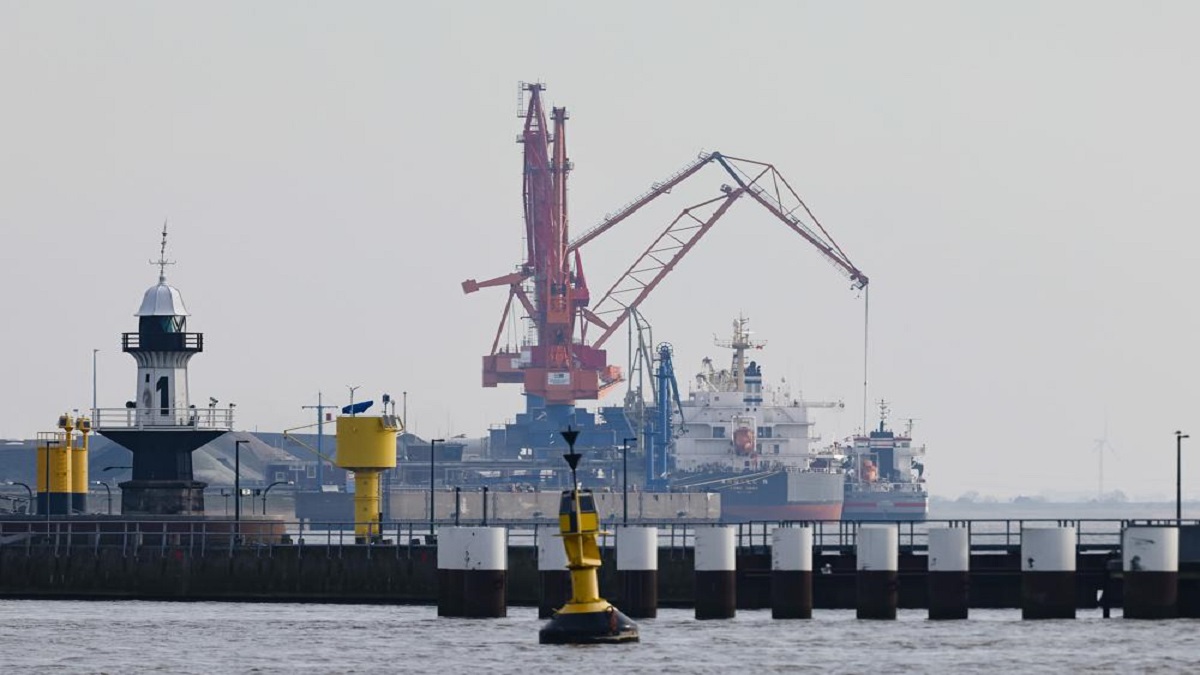
'US won't impose sanctions on India for purchasing Russian oil despite oil price cap': Top Energy official
India TV News
How will EU ban and West’s price cap on Russian diesel work?
Associated Press
EU countries agree on new price cap for Russian oil
NL Times
G-7, Europe reach deal for price cap on Russian diesel
Associated Press
Europe reaches deal for price cap on Russian diesel
The IndependentVladimir Putin’s plans to freeze Europe melt away with warm weather, as his economy withstands bracing winds
ABC
Report: Oil price cap takes small slice of Russia’s revenue
Associated Press
G7 Seeks Two Price Caps for Russian Oil Products
News 18
Russia bans sales of oil to countries imposing price cap
Live Mint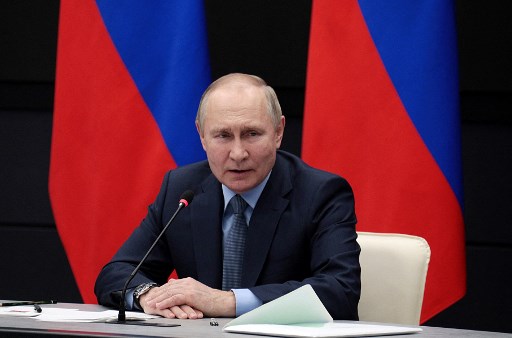)
Russia bans oil exports for countries using price cap: Why Moscow made move, who will be affected?
FirstpostVladimir Putin bans Russian oil exports to countries that imposed price cap over Ukraine war
ABC
Russia bans oil sales to nations, firms complying with price cap
Al Jazeera
EU countries agree gas price cap to battle energy crisis
Al JazeeraThe great gamble on the Russian oil price cap
The Hindu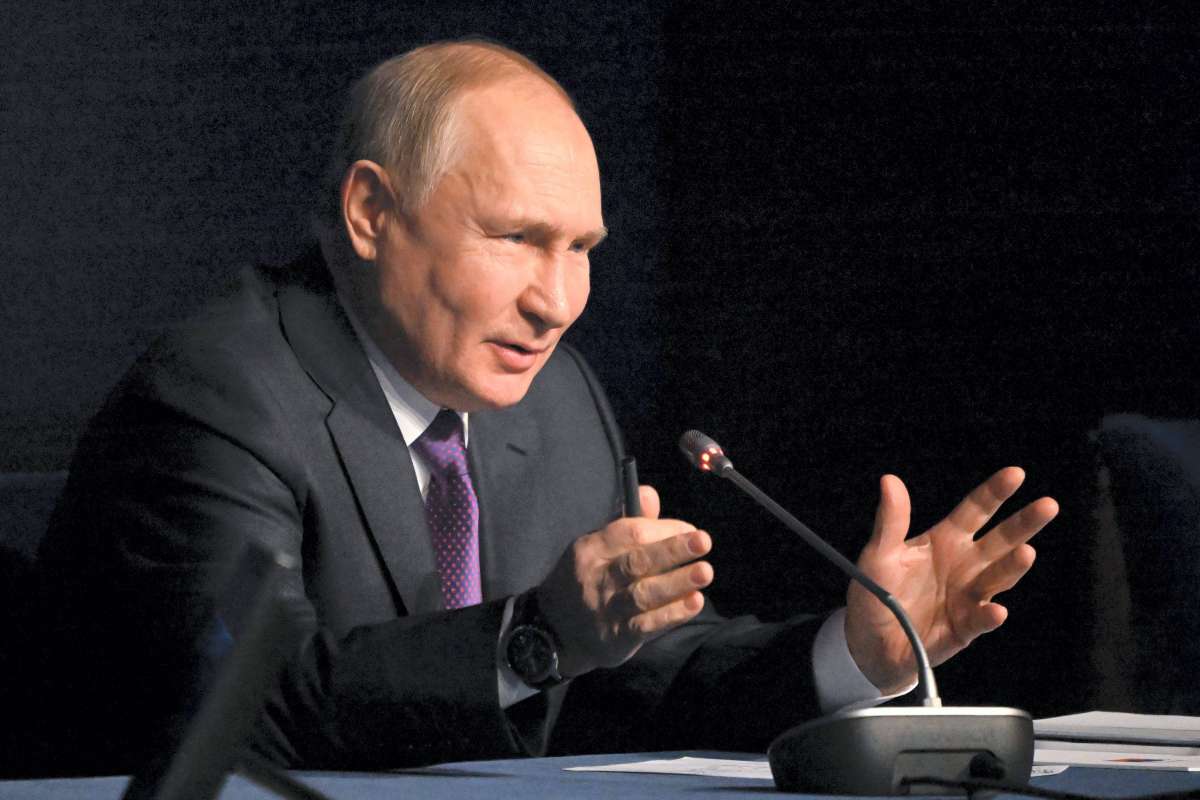
Russia appreciates India's decision to not back G7's price cap on oil
India TV NewsExplained | What does a price cap for Russian oil mean?
The Hindu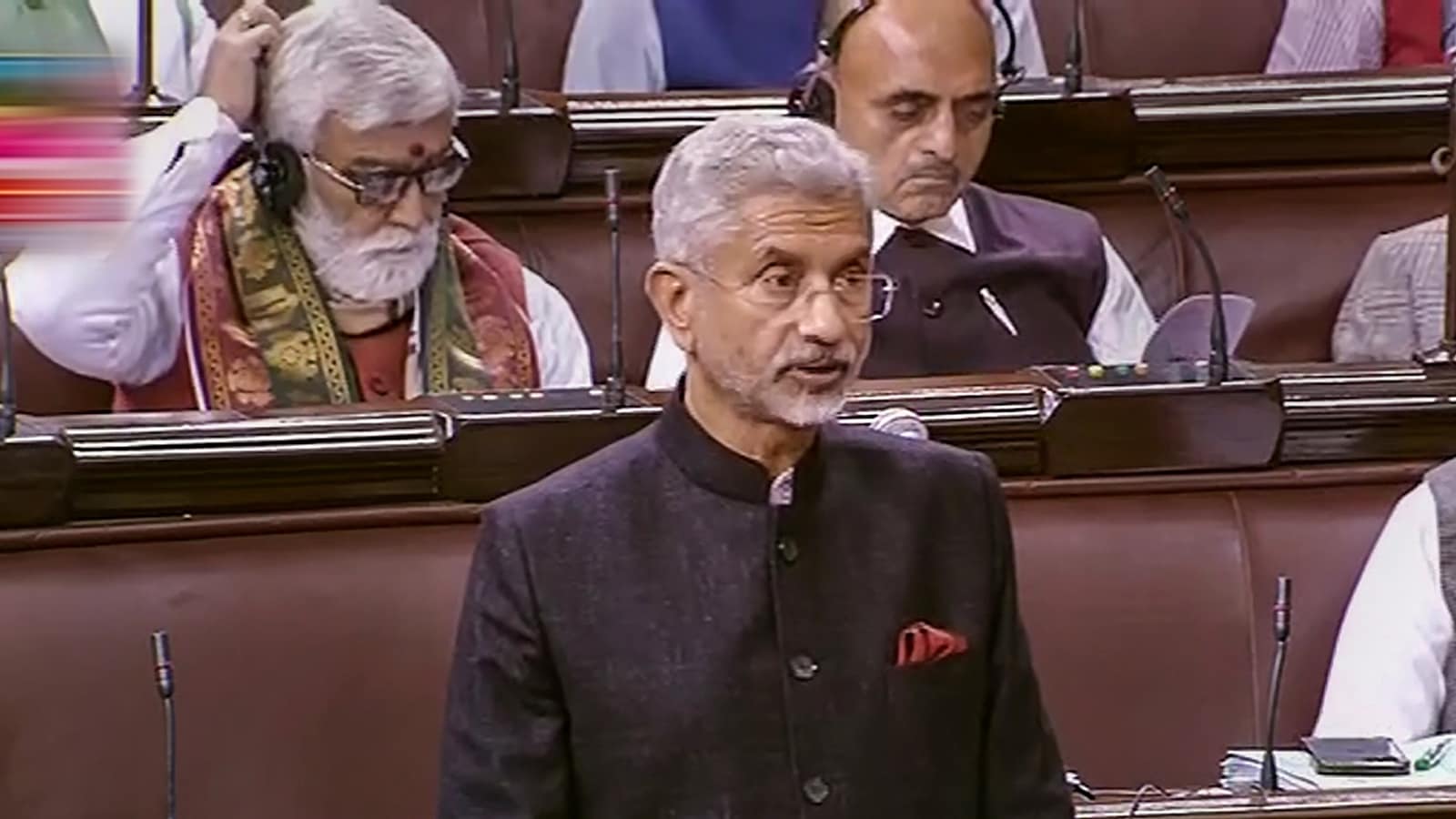
'We don't ask our companies...': Jaishankar on India's purchases of Russian oil
Hindustan Times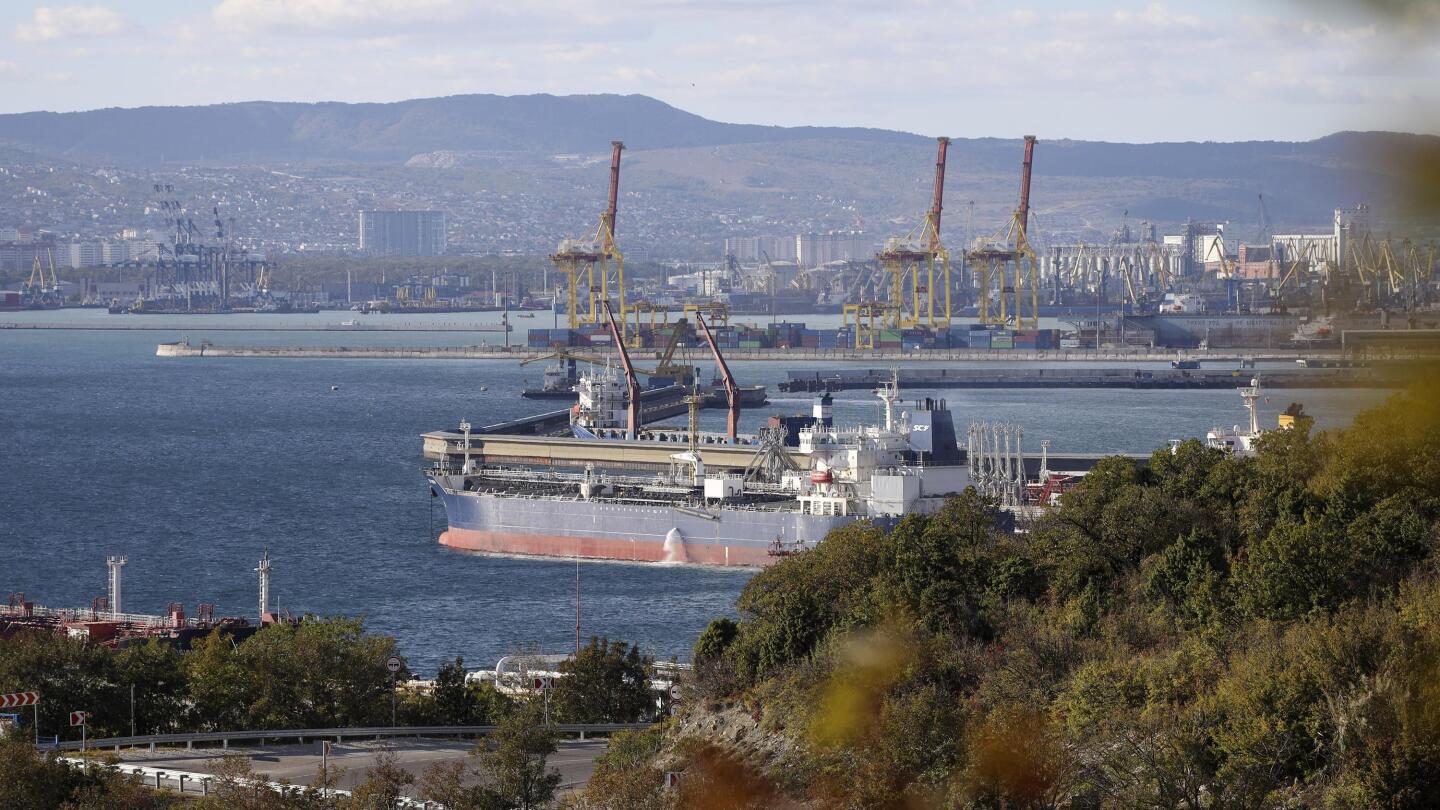
Russian oil price cap, EU ban aim to limit Kremlin war chest
Associated Press
Russian oil price cap, EU ban aim to limit Kremlin war chest
Associated Press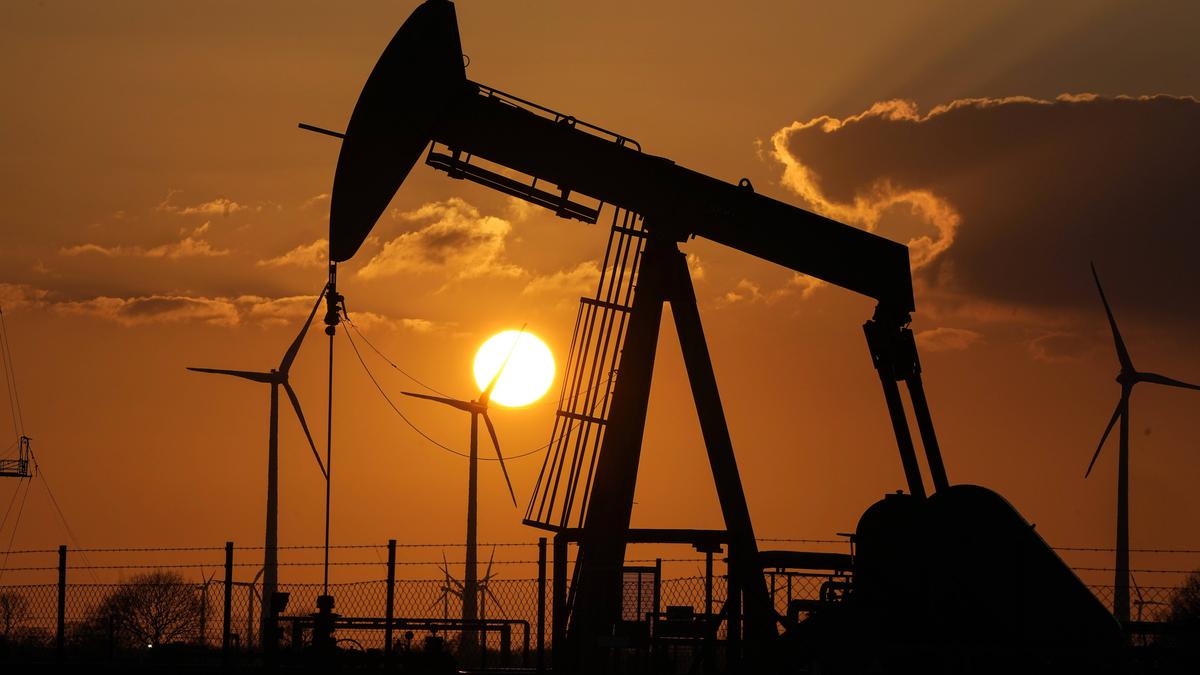
G7 price cap on Russian oil kicks in, Russia will only sell at market price
The Hindu
Cap on Russian oil prices begins, in pressure campaign on Moscow over Ukraine
LA Times
Russian oil price cap: Five things you need to know
Al JazeeraFighting between Russian and Ukrainian forces running at a 'reduced tempo', US intelligence chief says
ABC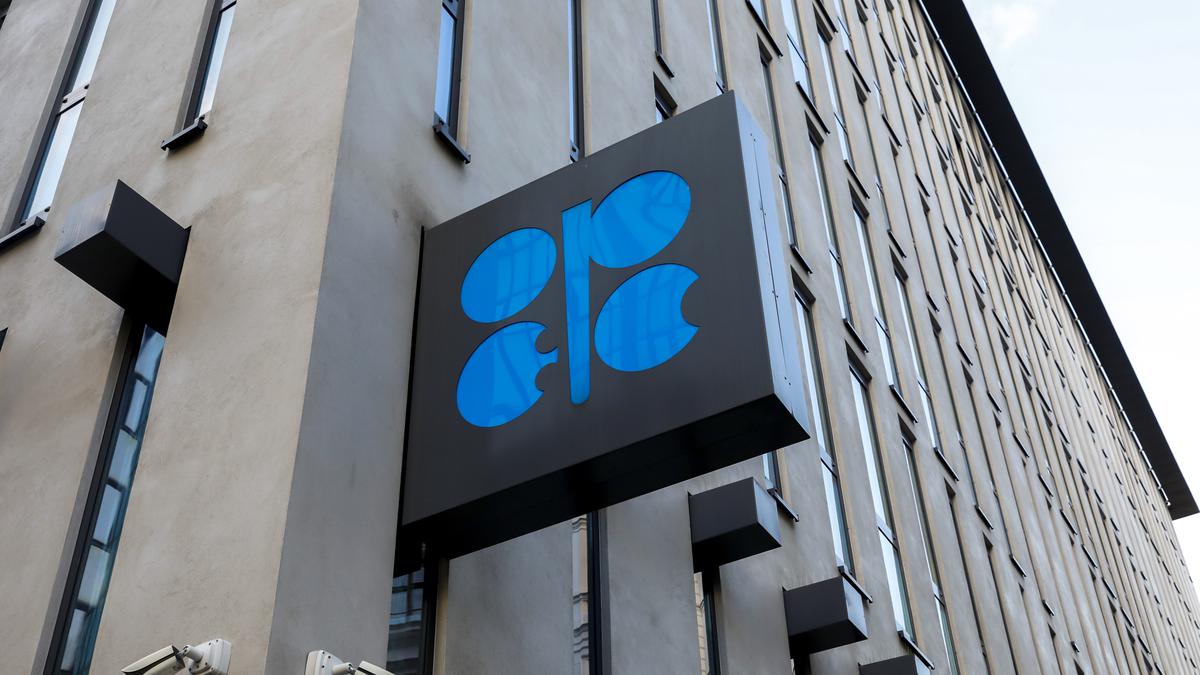
OPEC+ agrees to keep output levels unchanged
The Hindu
No OPEC+ oil shakeup as Russian price cap stirs uncertainty
Associated Press
Russia will not sell oil subject to Western cap: Putin's aide
Hindustan Times
Russia rejects $60-a-barrel cap on its oil, warns of cutoffs
Associated PressRussian oil revenues could weather EU ban, G7 price cap
The HinduG7’s $60 Russian oil price cap impact on India and global markets
The Hindu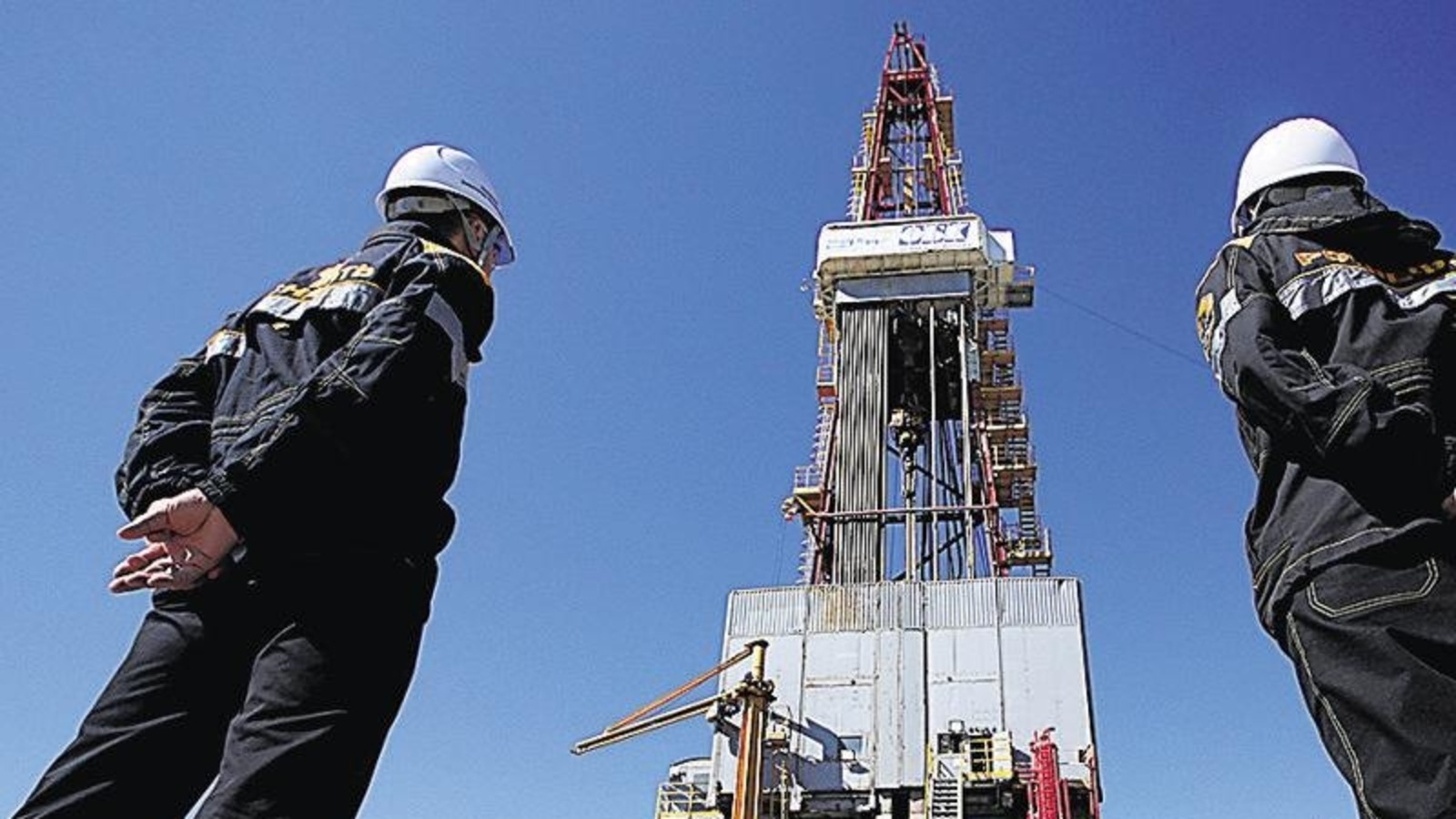
G7's price cap on Russia oil 'to benefit low, medium-income nations': US
Hindustan Times
G-7 joins EU on $60-per-barrel price cap on Russian oil
The Hindu
G7 group agrees $60 per barrel price cap for Russian oil
Hindustan TimesDiscover Related


)

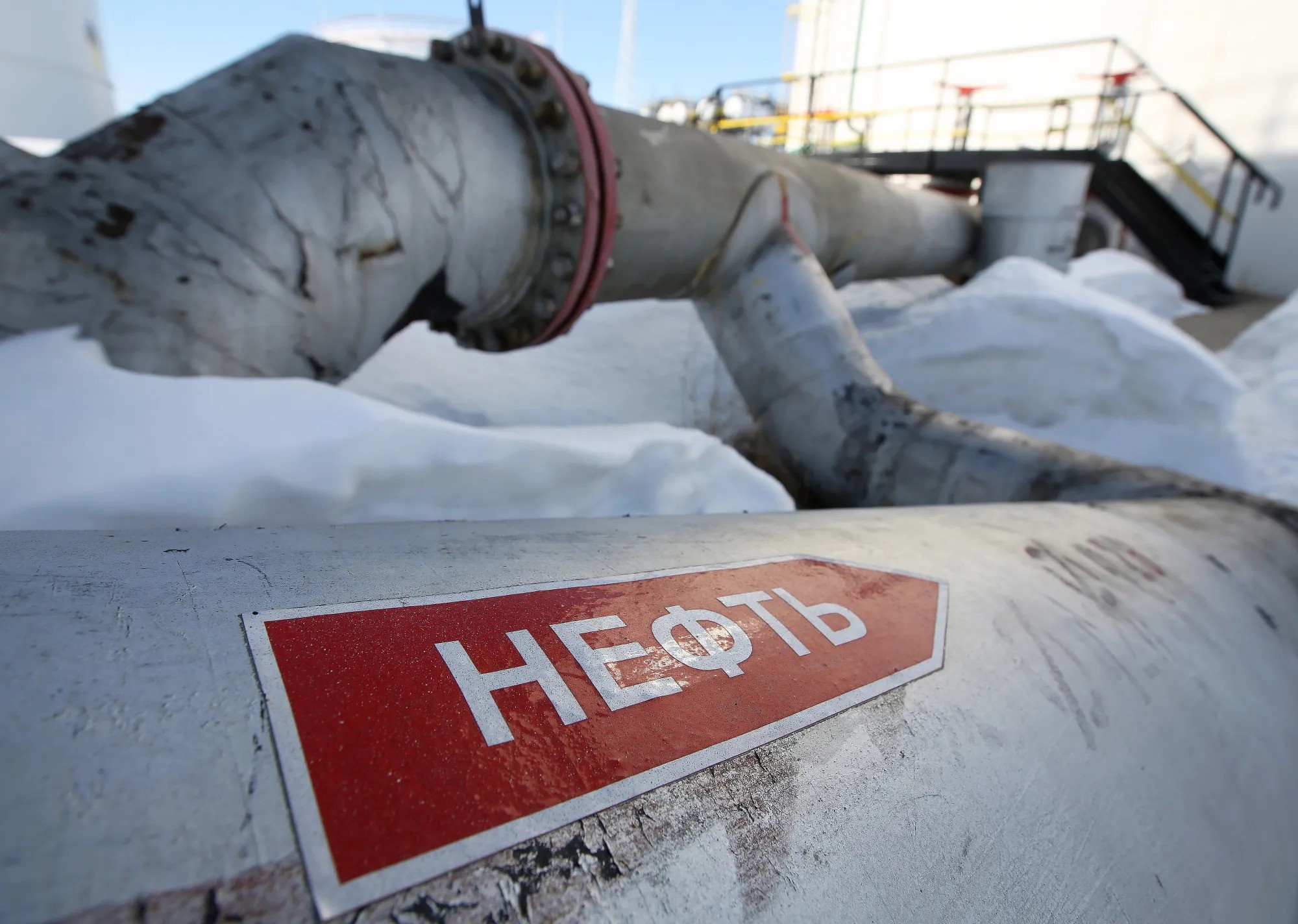




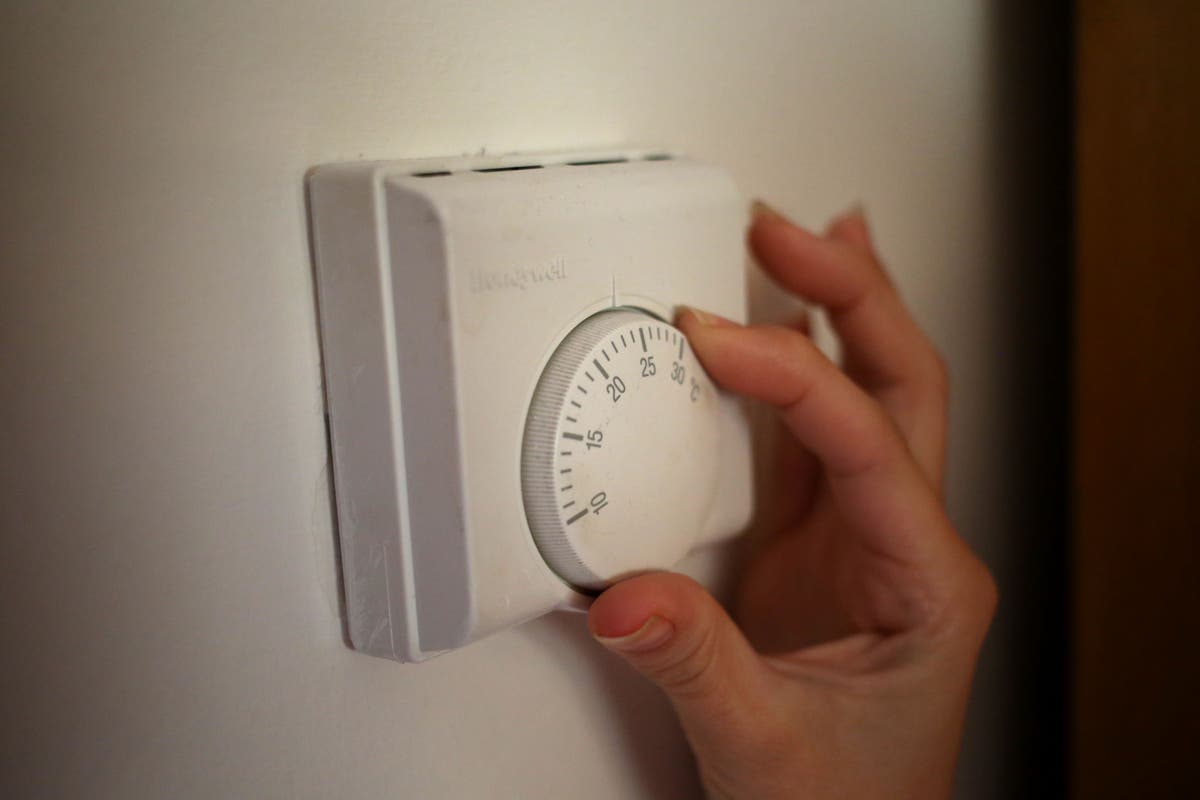


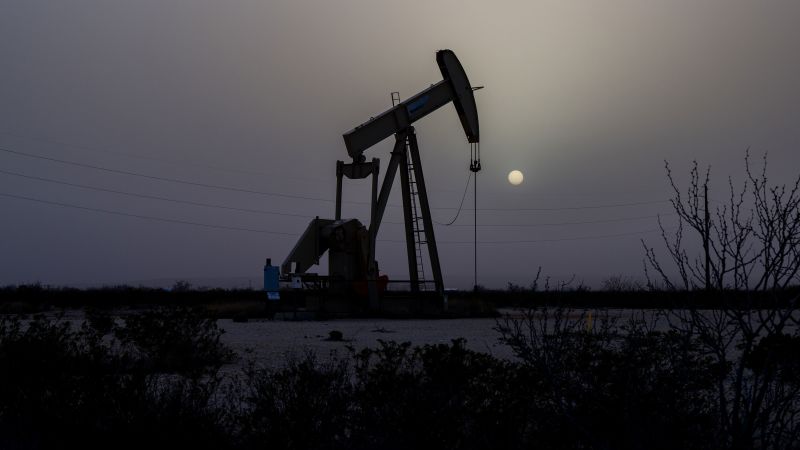






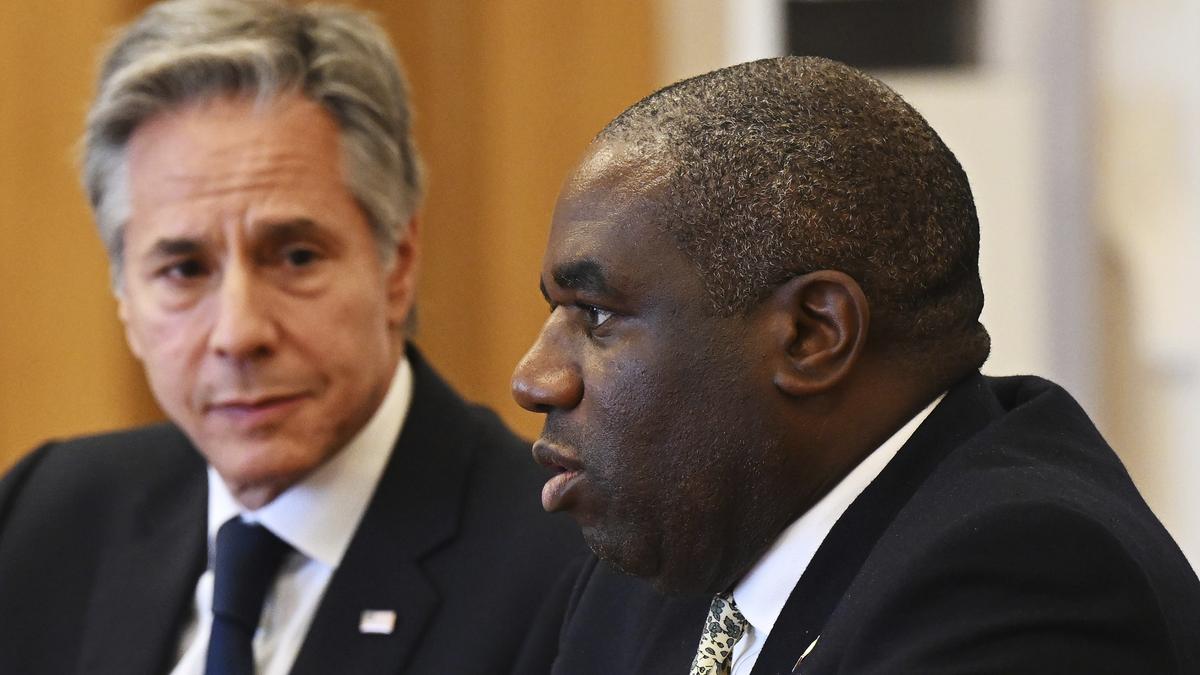




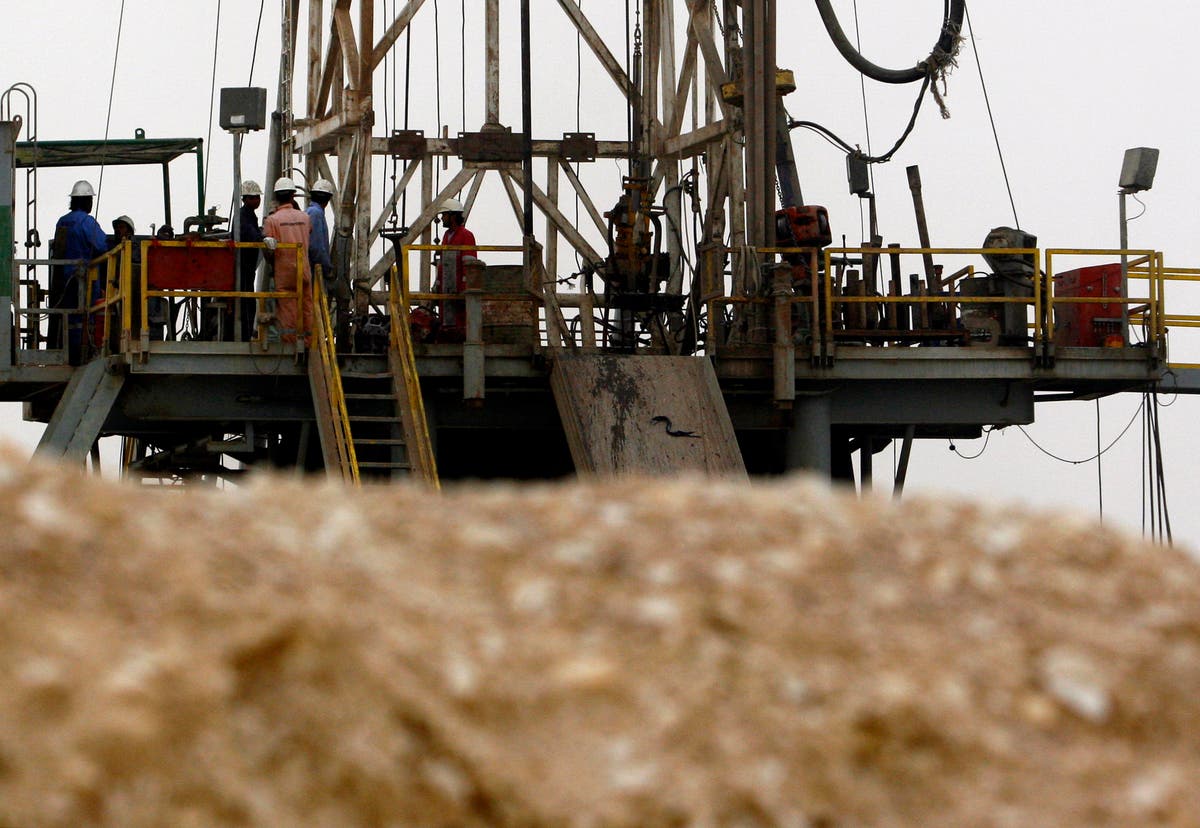












)


